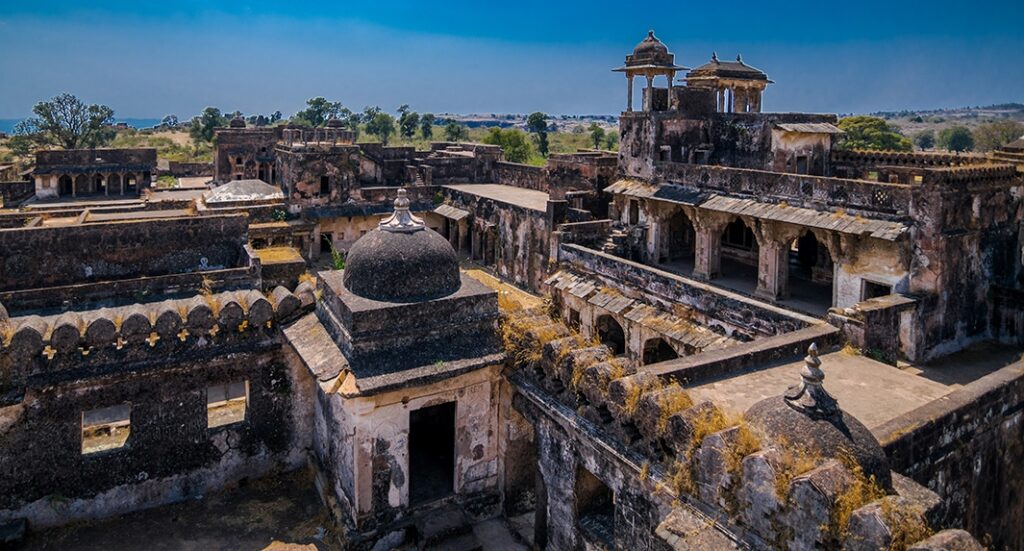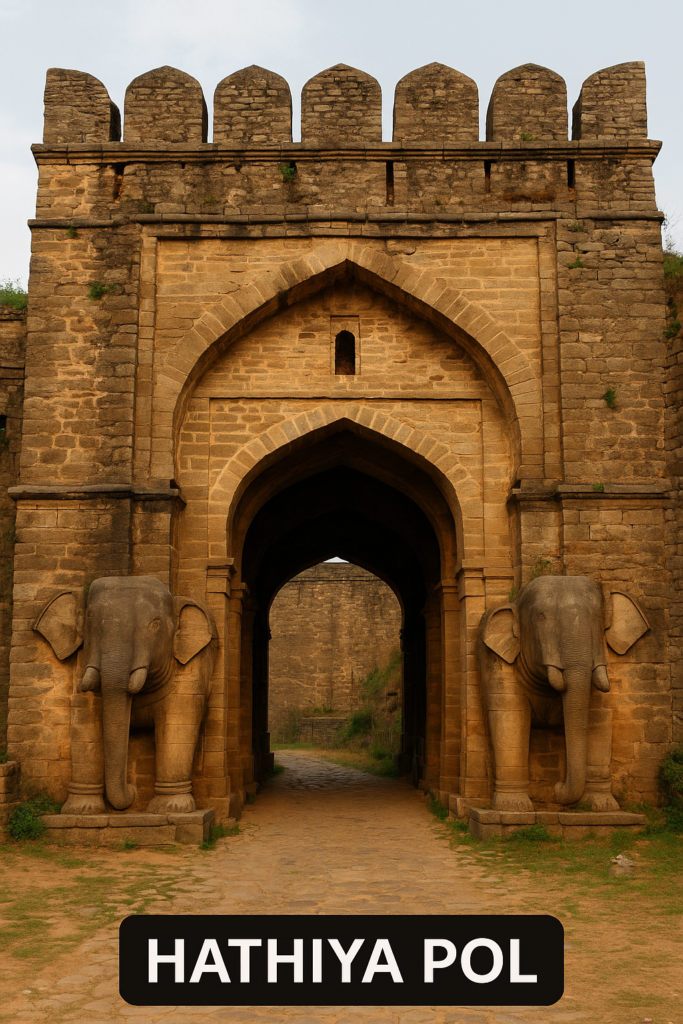Rohtas: The Forgotten Fort and Pride of Bihar



Introduction
Nestled in the rugged hills of southwest Bihar, Rohtas is a district steeped in ancient glory, epic legends, and architectural marvels. Best known for the Rohtasgarh Fort, this region offers a blend of history, nature, and adventure, making it one of Bihar’s hidden gems.
Historical Background
The name “Rohtas” is believed to be derived from Rohitāśva, a son of the legendary King Harishchandra. Rohtas has witnessed the rise and fall of many empires—from the Mauryas to the Mughals, and later the British.
The region gained prominence during the reign of Sher Shah Suri, who captured the Rohtasgarh Fort in the 16th century and made it a stronghold due to its strategic hilltop location.
Rohtasgarh Fort – The Jewel of Rohtas
Perched at about 1500 feet above sea level, Rohtasgarh Fort is one of the largest and oldest hill forts in India. Spread across 4,000 acres, this fort is a treasure trove of:
Royal Palaces
Hathiya Pol (Elephant Gate)
Baradari (royal meeting place)
Shahi Masjid (Royal Mosque)
Ganesh Temple
The trek to the fort is challenging, but the breathtaking views and historical ambience are worth every step.
Nature and Ecology
Rohtas is rich in biodiversity. The Kaimur Hills form the backbone of this region, filled with dense forests, wildlife, and waterfalls. Notable natural attractions include:
Manjhar Kund and Dhuan Kund – Twin waterfalls near Sasaram
Kaimur Wildlife Sanctuary – Home to leopards, deer, and a variety of birds
Cultural & Religious Sites
Maa Tara Chandi Temple – A revered Shakti Peeth near Sasaram
Tomb of Sher Shah Suri – A magnificent sandstone mausoleum in the middle of an artificial lake in Sasaram
Connectivity
Nearest City: Sasaram
Nearest Railway Station: Sasaram Railway Station
Nearest Airport: Gaya International Airport (~120 km)
Best Time to Visit: October to March
Adventure & Trekking
For adventure lovers, Rohtas offers thrilling trekking routes up to the Rohtasgarh Fort and scenic picnic spots along the Kaimur Range. The area is still untouched by mass tourism, making it perfect for offbeat travel.
In Popular Culture
Parts of Rohtas, especially the fort and waterfalls, have been featured in regional films and documentaries for their raw, majestic beauty.
Conclusion
Rohtas is more than just a historical place—it’s a living canvas of India’s architectural, natural, and cultural heritage. Whether you’re a history buff, a spiritual seeker, or a nature explorer, Rohtas has something to offer you.
